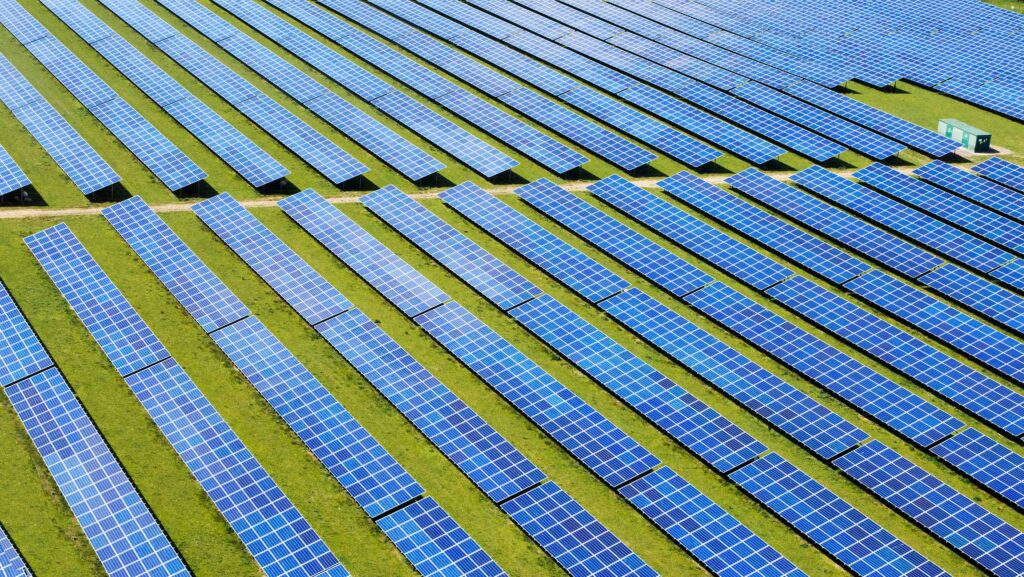Tory attempts to keep solar off farmland thwarted by council
 © Adobe Stock
© Adobe Stock A motion proposing stricter controls on solar farm developments in Rutland was withdrawn during a full council meeting on Thursday night (18 September), following strong opposition from councillors and local farmers.
The Conservative-backed motion sought to prioritise solar installations on rooftops, new housing, agricultural buildings, and industrial zones rather than on productive farmland or open countryside.
See also: The pros and cons of solar farm development
It highlighted concerns over the “cumulative impact of multiple solar plants” on Rutland’s landscape, biodiversity, and rural communities, while also stressing the importance of preserving food security alongside tackling climate change.
Alicia Kearns, Conservative MP for Rutland and Stamford, backed the motion.
“Over 50% of all solar applications in the country are in Rutland and Lincolnshire,” she said.
“Our area is completely under attack from these projects. Food security is just as important as energy security, which makes the withdrawal of this motion so concerning.”
Objections
Several councillors and some farmers objected to the motion, warning that it risked limiting opportunities for rural diversification and farm income at a time when farming is under financial strain.
“There was a lot of opposition,” said Andrew Brown, chairman of Rutland County Council and local Rutland farmer.
“A lot of the debate last night was around farmers trying to make a living out of diversifying, because we can’t make money out of growing food anymore. Saying no to solar on farmland is just nimbyism.
“There were arguments put forward that with solar panels you can create an income during challenging times alongside creating biodiversity. Solar panels have got a lot going for them.”
Mr Brown acknowledged that while rooftop solar is preferable in theory, it presents logistical challenges.
“There was a lot of talk about putting solar on roofs, but they also need a lot of infrastructure,” he said. “You can’t just pop them on roofs in the countryside and be done with it, we would need to invest in the infrastructure.”
Compensation
The motion also asked the council to support ethical solar panel supply chains, promote competitive community compensation from solar developers, and write to government urging changes to national solar policy in favour of rooftop development and food security.
Ms Kearns added: “Our motion was simply saying that we can’t have total solar saturation when we are responsible for feeding our communities.
“It’s sad that the councillors have turned their back on acknowledging this and working together when agriculture is at the centre of our community”.
Other developments
The Rutland rejection came as a major energy storage facility covering 20 acres of farmland in East Sussex was approved by Wealden District Council, despite objections from local residents and Ninfield Parish Council.
Meanwhile, a public consultation closed on Thursday (18 September) for a proposed solar farm near Penrith, with more than 270 comments submitted. The plans, from High Rigg Solar, involve agricultural land at Devonshire Square in Calthwaite.
